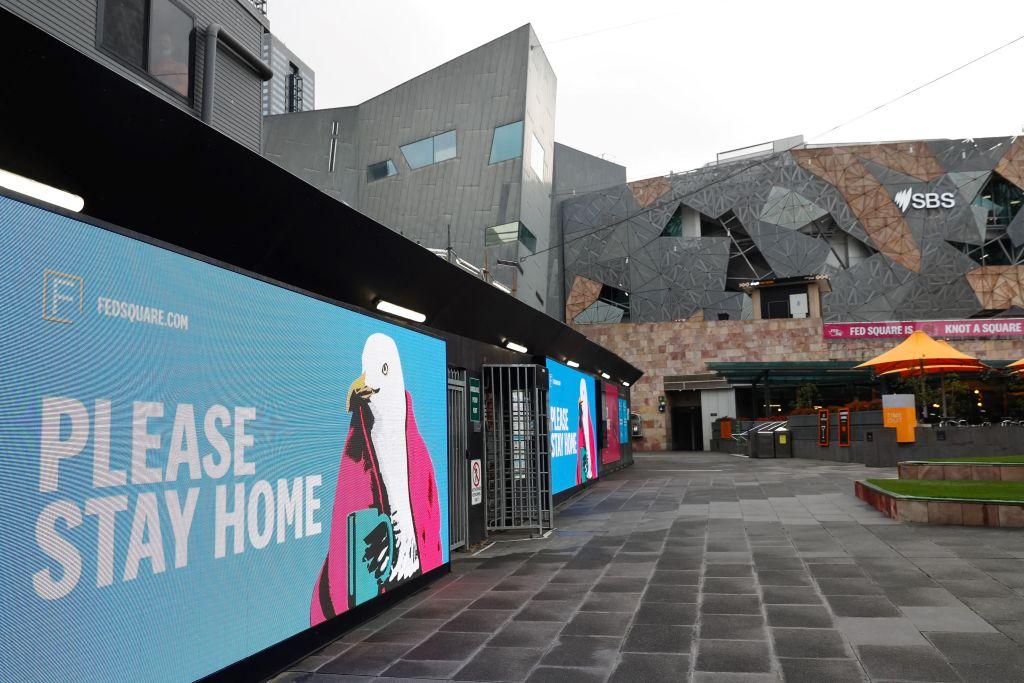Commentary
Sometime around 2016, the word “Latinx” popped onto the linguistic radar. The term is a new way to identify the Hispanic ethnic group: not Latina, not Latino, but Latinx, a gender neutral word designed to include everyone of every identity.





